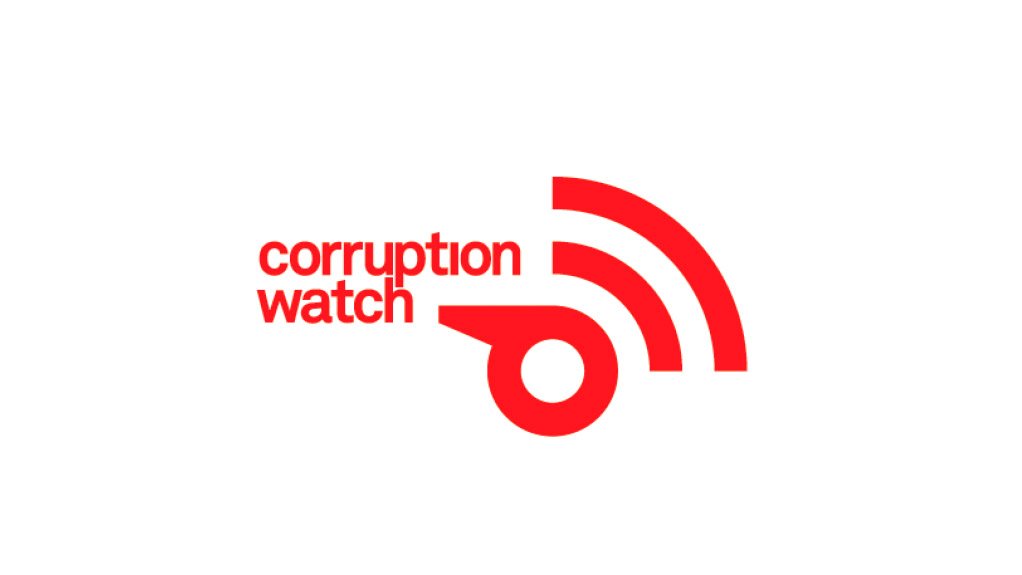/ MEDIA STATEMENT / The content on this page is not written by Polity.org.za, but is supplied by third parties. This content does not constitute news reporting by Polity.org.za.
Transparency International (TI) has today released the 2018 edition of its Exporting Corruption report, rating countries based on their enforcement against foreign bribery under the OECD Anti-Bribery Convention. The OECD convention requires signatory countries to criminalise bribery of foreign public officials and introduce related measures.
TI examined the enforcement of 40 signatory countries and four other major exporters – together responsible for more than 80% of world exports – according to available data from the past four years, relative to their share of global exports. The 44 countries were then ranked in four categories: ‘Active’, ‘Moderate’, ‘Limited’, and ‘Little or No’ enforcement.
The report highlights South Africa’s failure to make significant progress on convictions of foreign bribery; while 15 formal foreign bribery investigations were opened between 2014 and 2017, three cases were closed as at December 2017 and there have been no convictions for foreign bribery.
South Africa is one of 11 countries classified as having limited enforcement, which is the same classification received in the previous Exporting Corruption edition, published in 2014. One of the reasons can be attributed to the lack of transparency of data, in particular the fact that no published statistics relating to foreign bribery enforcement in South Africa are available. Other factors include a lack of capacity to detect, monitor and investigate foreign bribery and inadequate policy in addressing foreign bribery.
“South Africa has commitments to address foreign bribery, commitments which if effectively carried out and enforced could prevent and deter grand corruption, money laundering and other offences which involve foreign actors,” said Leanne Govindsamy, head of legal and investigation at Corruption Watch. “Although we agreed to the OECD Commitments in 2007, we have not been able to convict anyone for foreign bribery and our co-operation in relation to mutual legal assistance remains limited. This is reflected in our presence in the limited enforcement category in TI’s report.”
While acknowledging that a number of steps have been taken to address South Africa’s level of compliance with the OECD Convention requirements, Govindsamy added that there remains a lot to be done. “We hope that our criminal justice system will be reformed in the coming months and that the efforts of the anti-corruption task team are significantly improved because without convictions, there will be no deterrence of such activities and South Africa will continue to be seen as a haven for corrupt influences from all over the world.”
South Africa has made significant strides in improving legislation over the last two years. In 2017, a bill was tabled in Parliament to amend the Prevention and Combating of Corrupt Activities Act, which among others, extends the definition of foreign public officials. The Financial Intelligence Centre Amendment Act and the Protected Disclosures Amendment Act were also signed into law in 2017.
In 2014, the Prosecution Policy of the National Prosecuting Authority was amended to make it clear that prosecutorial decision-making in foreign bribery cases shall not be influenced by considerations of national economic interest, the potential effect on relations with another state or the identity of the natural or legal persons involved. Amendments were also made to the South African Police Service Amendment Act to improve guarantees of independence.
The report has recommended that South Africa increase institutional capacity to detect, investigate and prosecute foreign bribery. Transparency of enforcement data is also highlighted as key in dealing with foreign bribery, as is the strengthening of whistle-blower protection by including guidelines for the Protected Disclosures Act.
The report further endorses the adequate allocation of resources to anti-corruption enforcement agencies and notes the need for both investigating and prosecuting authorities to coordinate their efforts to ensure that investigations are free from political interference.
Improvements in internal compliance and corporate governance are of paramount importance particularly for companies that conduct business abroad including those not listed on the South African stock exchange.
Issued by Corruption Watch
EMAIL THIS ARTICLE SAVE THIS ARTICLE ARTICLE ENQUIRY
To subscribe email subscriptions@creamermedia.co.za or click here
To advertise email advertising@creamermedia.co.za or click here











